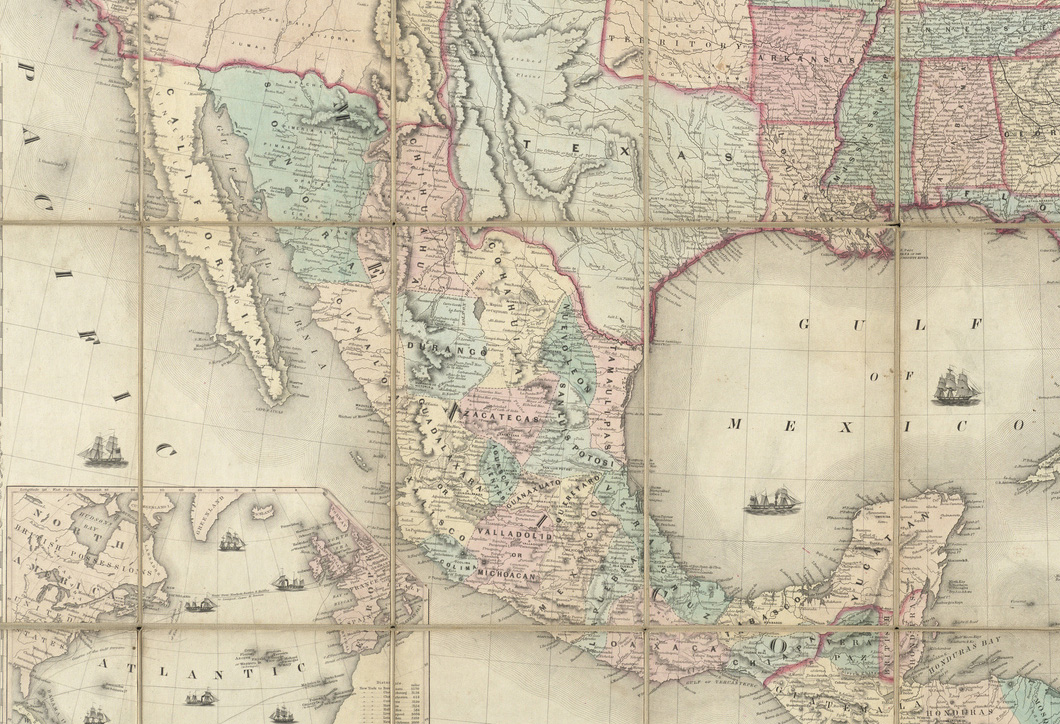February 2014, Vol. 241 No. 2
In The News
Mexico Allows Private Participation, Ambiguities Remain

A bill for what is arguably the most liberal energy reform in Mexico to date presents an opportunity to end lethargy that has surrounded the region’s oil and gas industry for longer than necessary.
However, a number of clarifications are required in the secondary laws that are due to be drafted and negotiated later in 2014, according an analyst with research and consulting firm GlobalData. Adrian Lara, covering upstream oil and gas, said while Mexico’s energy reform introduces new arrangements, such as profit-sharing contracts, production-sharing contracts and licenses, the most ground-breaking aspect is the Constitutional change will allow private companies to participate in exploration and production.
Nonetheless, he said, “The changed law does not specify which type of contract will be applicable to the different types of hydrocarbon E&P. Industry observers and participants will, therefore, have to wait for the so-called secondary laws that will frame the fiscal terms for the new contracts.
“This additional information will allow for a more rigorous test in assessing the effectiveness of the 2013 energy reform,” he added. “While it is still not decided when this fine print will be drafted and voted on, the second half of 2014 could be viewed as the best-case scenario.”
Progress toward the current reforms began in August 2012 when a proposal for reforming Mexico’s energy sector was submitted to Congress. It argued the bulk of the region’s remaining hydrocarbon reserves are located in challenging areas, both from geological and engineering perspectives, and that sophisticated and expensive technology is required to recover these reserves.
While Pemex possesses ample expertise in shallow waters, it lacks the experience needed for entering more complex projects located in offshore deep waters or onshore shale plays.
“Pemex’s necessities, in a way, indicate ideal opportunities for private investment,” Lara said. “Deepwater, shale and even shallow-water areas can benefit from different combinations of technology transfer, capital expenditure in E&P and managerial expertise.”
A crucial test of Mexico’s reforms will be the reaction of international oil companies when the first new opportunities are offered. In any case, Lara said there is a long way to go before the approved reform materializes in new production, or has a significant effect on the wider Mexican economy through lower energy prices.





Comments